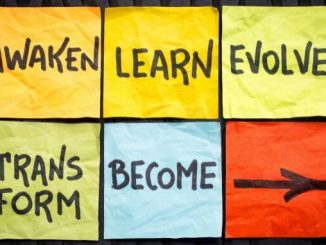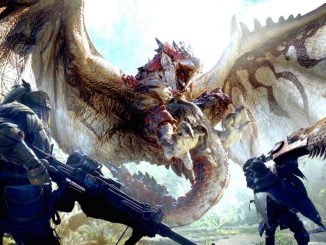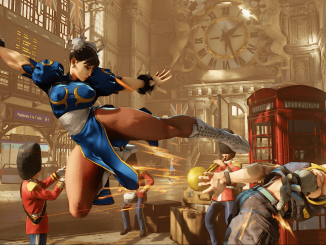
A Quintessential Scheme for Engagement
My only analysis is that I was an addict to the scheme. Yes, an addict. I was addicted to the “incentive scheme”. Do you know why? […]

My only analysis is that I was an addict to the scheme. Yes, an addict. I was addicted to the “incentive scheme”. Do you know why? […]

I know I’m not supposed to enjoy spreadsheets the way I do. They’re tools, used for managing your finances. It’s not supposed to be fun. […]

In this article I explore business innovation anchored around economics and the genius application of gamification for the same […]

Employers are clamoring for answers to an aging and dwindling workforce that is demanding a caring, flexible and sustainable work environment […]

Based on experience, our behaviour will be heavily biased for, or against the recently announced organisational change initiative at our place of work. […]

One of the most challenging aims of games-based learning is behavioural change. How can a game-based experience affect the long-term behaviour of players? […]

Player agency is about giving our players the time, space, and resources to make decisions in games. But is that is the only thing that agency gives to players? […]

Game-based Learning has the ability to build strong associations with reality – a direct correlation with how you may deal with similar situations in real life. […]

This article looks at how science fiction storytelling can be used as a technique in gaming. Specifically, we look at how plot prompts can be used alongside characters and situations to help players intuitively craft […]

What will people want to play in 2040? As a futurist, I rely heavily on a skill called Scanning. Scanning is how we start to know the future and begin to expand our time horizon. […]

I have always subscribed to the idea that almost every game has something to teach you as you play it. Whether it is sharing a philosophical world view with games like ‘Spec Ops: The Line’(YAGER […]

There are a number of ways in which games can be classified or described as systems. In regard to their composition, they can be seen as collections of inter-related parts; rules, mechanisms, physical components and […]

One of Ludogogy’s (very) regular contributors, Thomas Ackland wrote an article for this issue, way back in March, before it was postponed. He then developed his thoughts over the intervening months, and sent us another […]

If you were to ask me to name female Chinese characters in games from my childhood, I’d be able to count them on one hand. If you asked me to name ones that were a […]

Samanta (Sami) Chan first published these slides as a series on LinkedIn. Ludogogy is delighted to present the first four of them together here. There are now many more. Visit Sami’s LI profile to view […]
Ludogogy 2025